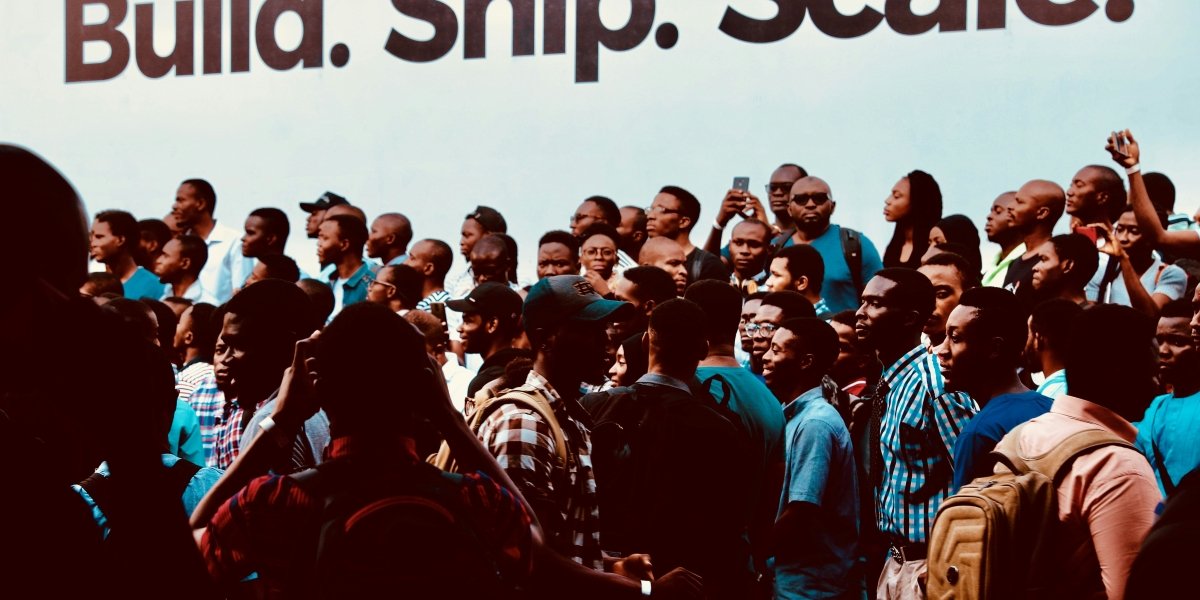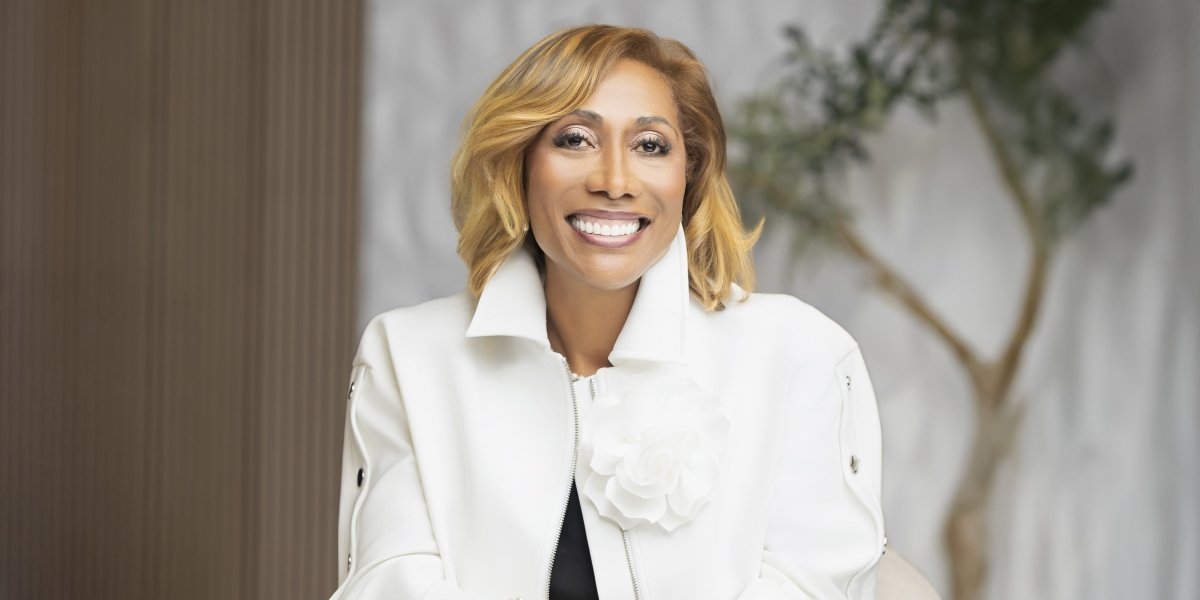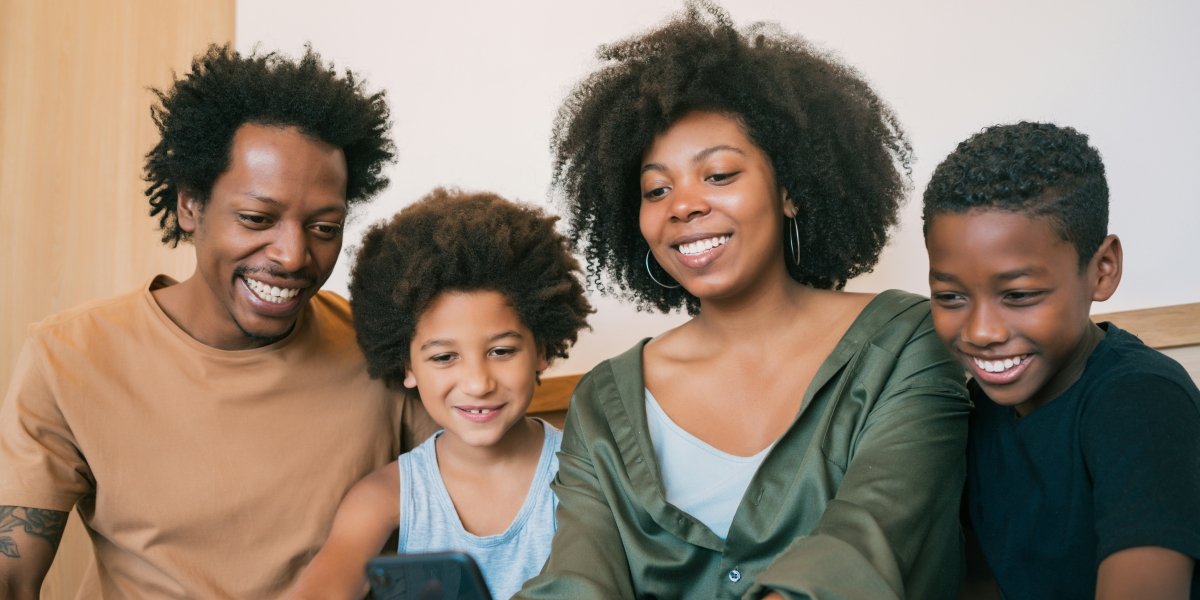What Is Black Storytelling and Why Is It Important?
Black storytelling is a powerful tradition that has been passed down through generations, serving as both a way to preserve history and a means of cultural expression. Rooted in oral traditions, these stories are rich with history, wisdom, and emotion. They have played a pivotal role in the survival of Black culture, particularly during times of adversity, such as slavery and segregation. In today’s world, Black storytelling continues to evolve, blending traditional methods with modern forms to create a dynamic narrative landscape.
At its core, Black storytelling is not just about recounting events. It’s about transmitting knowledge, preserving identity, and shaping the collective consciousness of the community. Whether told through songs, spoken word, or written word, Black stories capture the essence of struggle, resilience, joy, and triumph. Today, these stories are not only shared in intimate settings but are also expanding to global platforms, ensuring that Black narratives continue to resonate across generations.
Read Also: Celebrating Black Athletes in Figure Skating and Their Legacy
How Did Oral Traditions Shape Black Storytelling?
Oral traditions have been the foundation of Black storytelling for centuries. These traditions were especially significant during the era of slavery when written language was often denied to enslaved Black people. Without written records, stories were passed down orally, often through spirituals, folk tales, songs, and proverbs. These forms of storytelling served as a method of resistance, allowing Black people to retain their heritage and communicate experiences, emotions, and histories.
One of the most notable elements of these oral traditions was the use of call-and-response patterns. This interaction, which is a staple of many African traditions, allowed for communal participation in the story, fostering a sense of unity and shared identity. In addition, the use of metaphor, symbolism, and hyperbole in these stories enabled the transmission of powerful messages about survival, freedom, and resistance, all while circumventing the oppressive systems of the time.
Throughout the years, these stories found their way into spirituals, which became a form of coded communication that helped enslaved people share information and hopes for liberation. Additionally, Black communities in the U.S. have maintained their connection to oral storytelling through griot traditions and story circles, where elders pass down knowledge to younger generations.
How Are Modern Forms of Black Storytelling Evolving?
While the foundations of Black storytelling lie in oral traditions, modern forms have found new platforms and media, transforming the way stories are told and shared. Today, Black storytelling thrives in literature, film, theater, and digital media, with artists blending the past and present in exciting new ways.
The rise of Black authors and filmmakers has given the world a wealth of narratives that explore everything from historical struggles to contemporary experiences. Authors like Toni Morrison, James Baldwin, and Zora Neale Hurston have elevated Black storytelling by writing novels that explore the complexities of race, identity, and social justice. These works have not only become key texts in American literature but have also shaped cultural conversations around race and history.
In modern theater and film, Black storytelling continues to make waves, with directors like Ava DuVernay and Barry Jenkins using film as a means to tell powerful, personal stories. DuVernay’s 13th and Jenkins’ Moonlight offer profound explorations of race, identity, and the experience of being Black in America. These films use visual storytelling to capture the emotional depth and nuance of Black life, continuing the tradition of oral storytelling through a modern, cinematic lens.
How Do Music and Spoken Word Contribute to Black Storytelling?
Music has always been an integral part of Black storytelling, with genres like jazz, blues, and hip-hop providing platforms for storytelling in both personal and collective ways. Songs have long been a medium through which Black communities communicate their experiences, whether it’s the sorrowful blues of the 1920s or the socially conscious rap of the 1990s. Hip-hop, in particular, has become a global stage for Black voices, telling stories of inner-city life, systemic oppression, and cultural pride.
Spoken word poetry is another form of storytelling that draws on the power of the spoken word. Artists like Maya Angelou, Langston Hughes, and Saul Williams have used poetry to create a space for Black voices, often addressing the struggles and triumphs of the Black experience. This form of storytelling allows for personal and collective expression, using rhythm, rhyme, and performance to engage audiences in the message behind the words.
What Role Does Technology Play in the Future of Black Storytelling?
In the digital age, technology is playing an increasingly significant role in the future of Black storytelling. Social media platforms like YouTube, Instagram, and TikTok allow Black creators to share their stories with a global audience in real-time. These platforms provide a space for narratives that might not have been represented in traditional media to gain recognition, from comedic skits to thought-provoking social commentary.
Podcasts have also become an important space for Black storytelling, with creators exploring everything from Black history to contemporary issues. Podcasts like “The Read” and “Code Switch” engage listeners by providing insight into the Black experience, using storytelling to address topics of race, identity, and culture in a relatable, engaging format.
Furthermore, film and television are being transformed by streaming platforms that highlight Black voices. Series like “Black Mirror”, “Insecure”, and “Queen Sugar” showcase the diversity of Black life while continuing to incorporate the rich oral traditions of the past.
Read Also: From Afro-Futurism to Entrepreneurship: Black Culture Trends for 2025
What Is the Future of Black Storytelling?
As we look to the future, Black storytelling will continue to evolve, incorporating new technologies, mediums, and forms. The stories told by Black creators will remain central to conversations about identity, social justice, and the human experience. The rise of interactive storytelling—through virtual reality or immersive experiences—will give audiences even more ways to engage with Black narratives, pushing the boundaries of how stories are shared and experienced.
Ultimately, Black storytelling will continue to serve as a bridge between the past and the future, preserving the legacy of oral traditions while embracing the possibilities of modern forms. As Black artists innovate and experiment, the power of storytelling will remain a tool for connection, resistance, and transformation.








